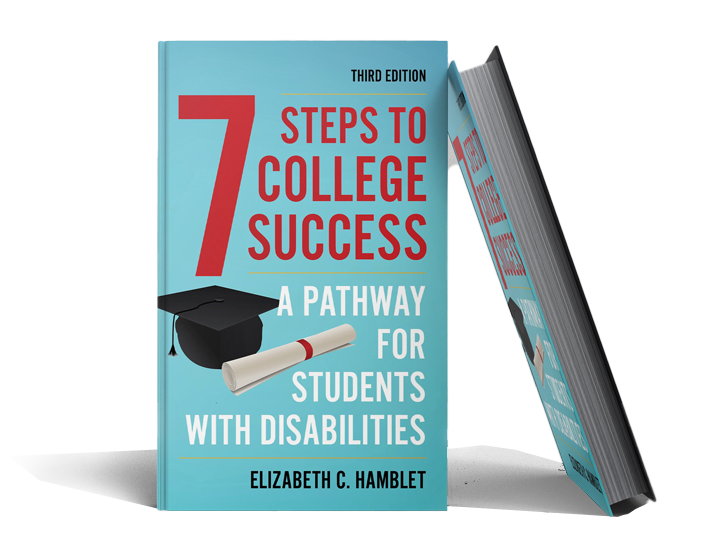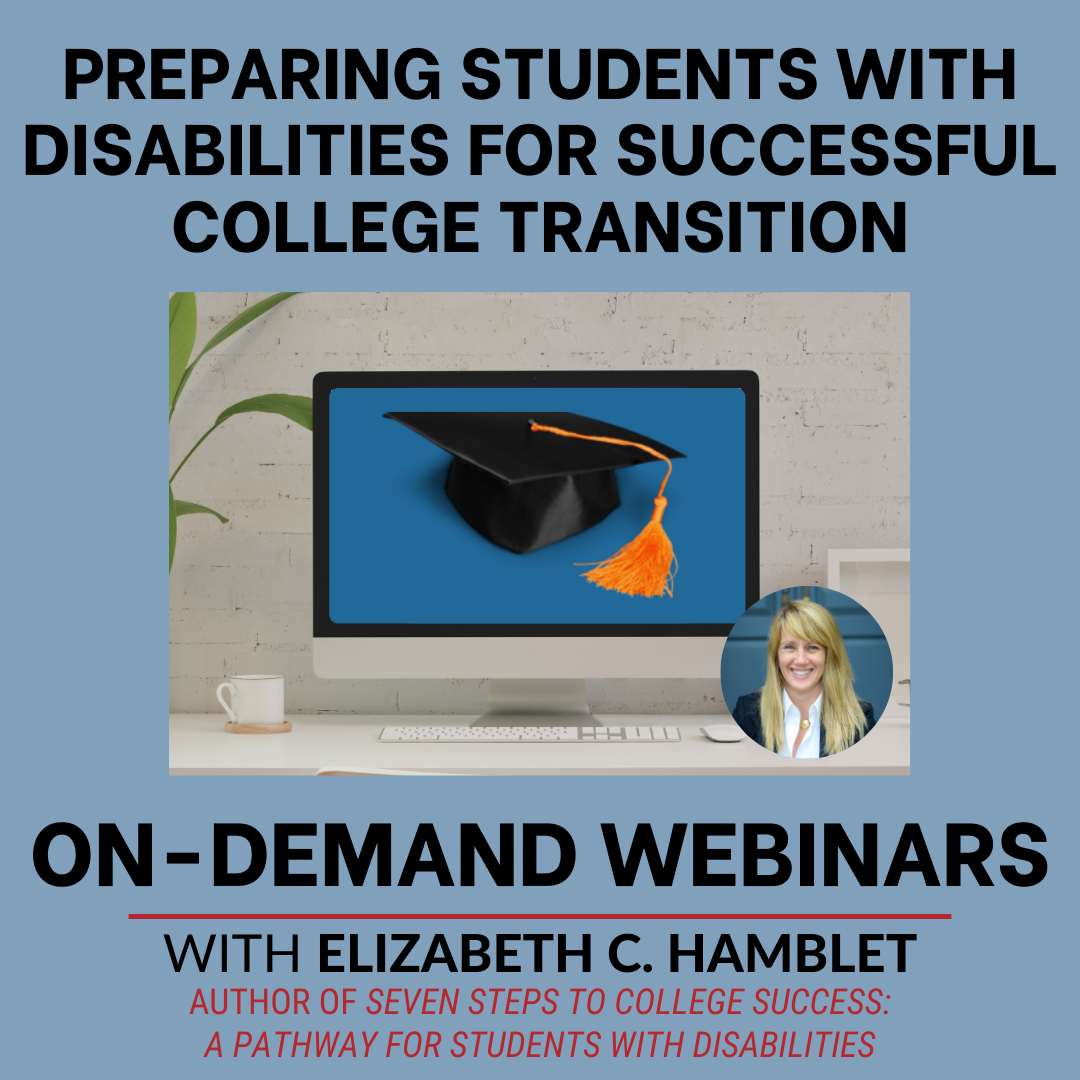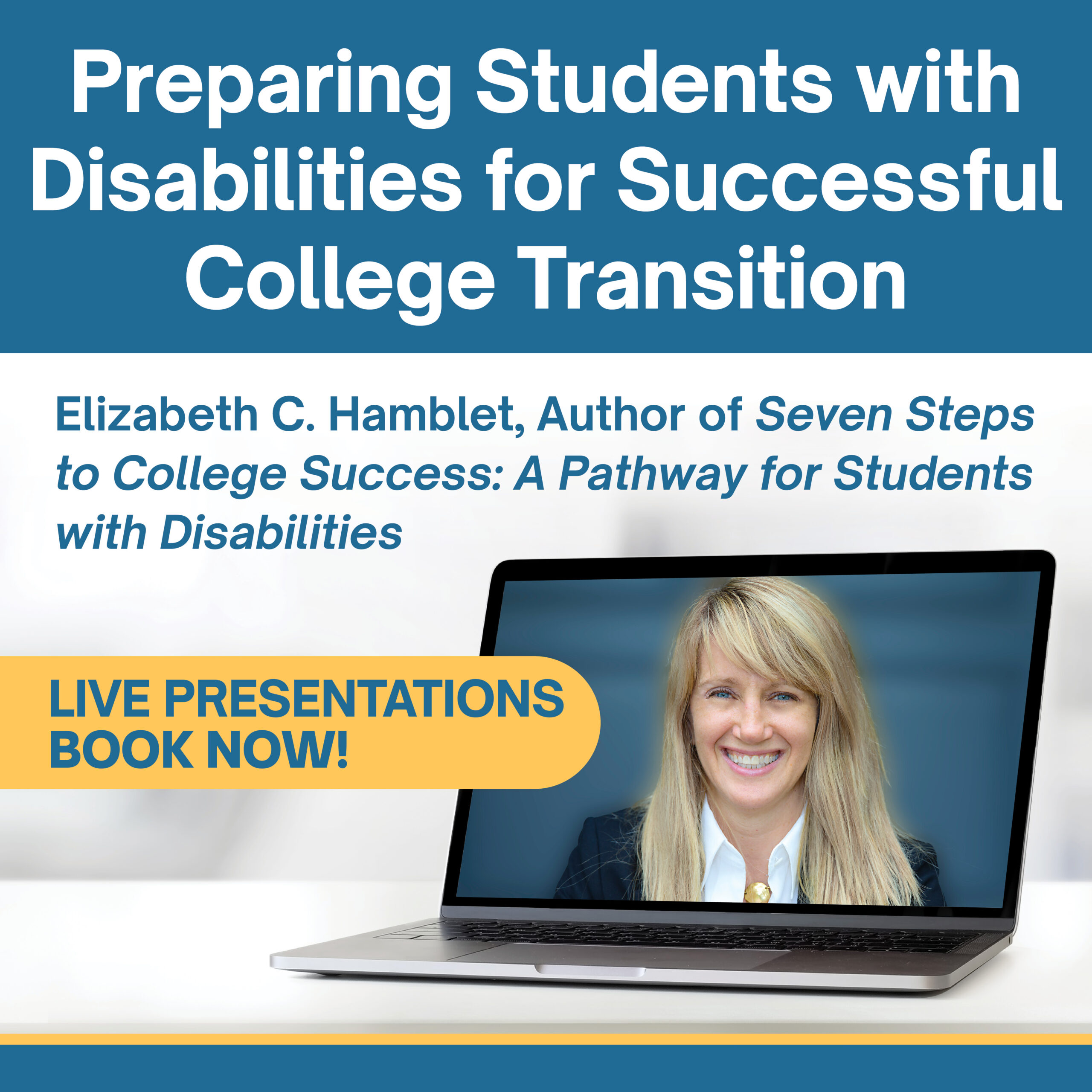Introduction
Because attending college often involves living on campus, all students should think about what kind of living and studying environment they prefer. For students with mental health disabilities who may need downtime or a quiet place to regroup, college searches should explore all aspects of the experience at various schools.
When I was developing my book, I spoke to Laura Di Galbo, a professor Central Connecticut State University and a consultant specializing in helping students these students. DiGalbo has worked with both the high school and college student population. I asked her what advice she had for students with psychological disabilities looking at colleges. (Readers may also be interested in what DiGalbo said about preparing these students for college.)
Talk to the Disability Services Office (DS)
As students with mental health disabilities and their families start the college search, they should contact DS at the different colleges to ask questions about typical accommodations made for students with needs similar to theirs.
Students should ask whether the office has another student who would be willing to talk to them about what it’s like to study at that school. They can ask about the accommodations, how the professors respond when they get the accommodation letters, etc.
Parents can call for a connection to other parents who are willing to share their experiences in sending their child to that school, too. They can ask these parents what supports their student needed, whether the school encourages students to sign a release so that they can talk to parents and – if so – how much they’ll actually tell them, how they monitored their students’ well-being, how they prepared them to independent.
Ask What the Counseling Center Can and Can’t Do
Families should also ask about the counseling center’s offerings and limitations:
What are the qualifications of the people working there?
How long can students work with someone, and for how long before they’ll be referred out? and whether the health center can prescribe and refill their medications and make outside referrals.
If students will need more than the center can provide, ask whether they have a referral list of professionals nearby and how close the nearest pharmacy is (and how students can get there).
Consider How Students Work Best
It is important have a good sense of what kind of environment will help the student to be successful, too. Students should think about how they function best academically – do they prefer doing their own projects, or do they prefer having very structured assignments because too much decision-making in free-form assignments makes them anxious? Do they like to work at a slower pace and have control over their own time? They can ask questions about assessment styles as part of their college research.
Make Sure the Social Environment Is a Good Fit
For students with mental health disabilities, finding a college that provides the right social environment is as important to their success as finding the right academic one. The best way for students to assess this fit is to ask the admissions office to arrange for them to stay overnight with a student. By doing this, they can also be on campus during non-academic times. It is often this unstructured time that these students [and their non-disabled peers] find most difficult.
Ask About an Overnight Stay
Experiencing the actual overnight experience in the dorm can also be very helpful. So if the student is comfortable (and provided the school dorms are not solely “singles”), it is appropriate to actually share a room with the host students. This can help them to see whether the dorms are noisy, the college’ environment is social or studious (e.g. are there parties on a Wednesday night? Are people studying in the library on Saturday night), and the dining arrangements are comfortable for them. They can also see what kinds of structured activities the school offers (e.g., movies on campus, concerts, etc. Since students attending traditional four-year schools will live there 24 hours a day, this part of their search is crucial.




